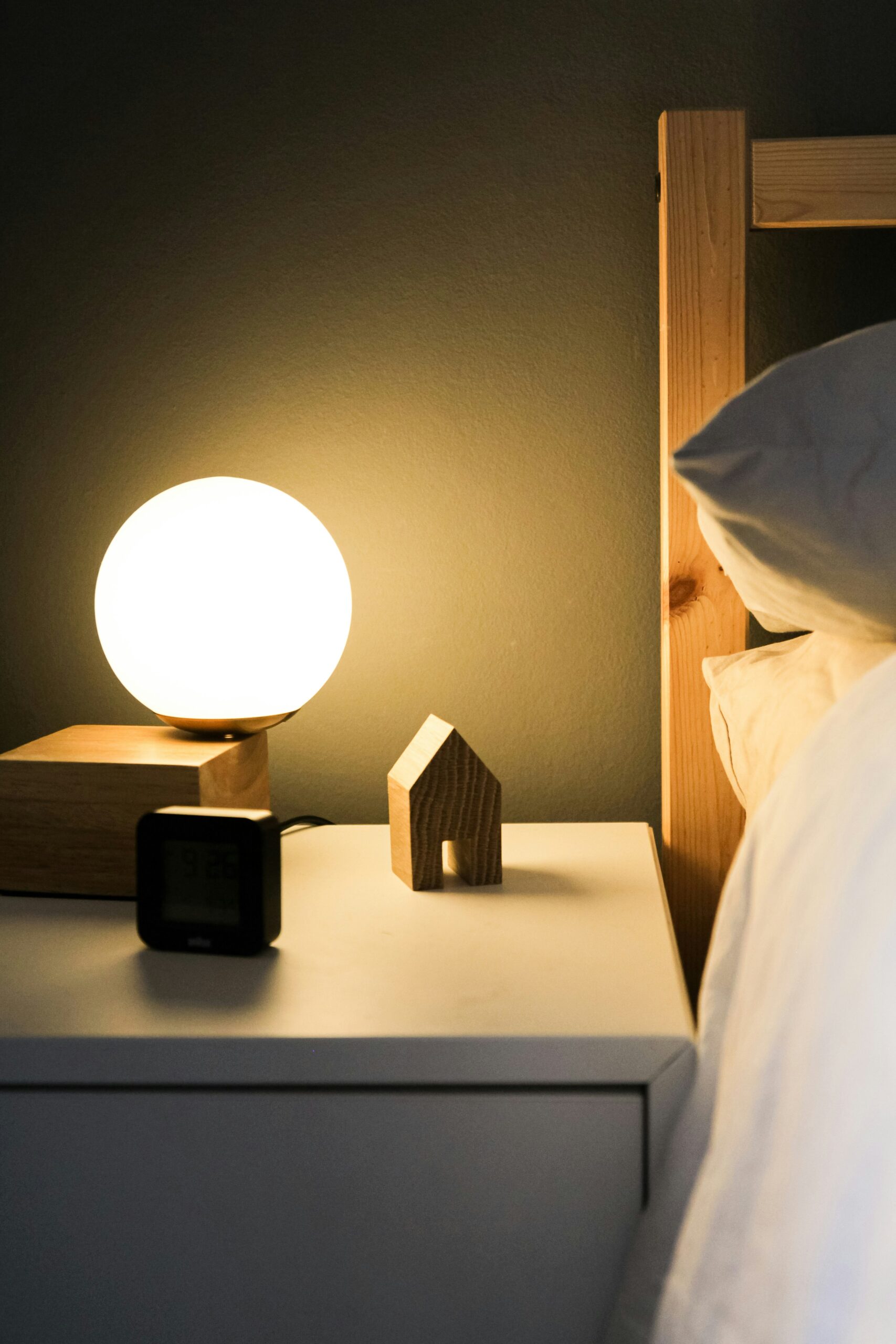Sleep might seem like a low priority in a busy teen’s life—but it’s one of the most powerful tools for supporting mental health. As adolescents juggle school, social lives, extracurriculars, and screen time, sleep often gets sacrificed. However, poor sleep can lead to emotional instability, anxiety, depression, and academic difficulties.
In this post, we’ll explore the link between sleep and mental health in teens, and offer practical tips parents can use to help their teens build healthier sleep habits.
Why Sleep Matters for Teen Mental Health
During adolescence, the brain and body are still developing, and sleep plays a vital role in that process. Teens typically need 8 to 10 hours of sleep per night, but studies show that most get significantly less.
Chronic sleep deprivation in teens can lead to:
- Increased irritability, mood swings, and impulsivity
- Greater risk of depression and anxiety
- Poor concentration, memory, and decision-making
- Difficulty coping with everyday stress
According to the National Sleep Foundation, sleep deprivation affects the same brain regions responsible for emotional regulation—making teens more reactive and less resilient to stress.
Common Sleep Challenges for Teens
Understanding what’s preventing your teen from getting enough rest is the first step in helping them:
- Biological sleep shifts: Teenagers naturally fall asleep and wake up later due to changes in circadian rhythm.
- Academic pressure: Homework, early school start times, and after-school activities often cut into sleep time.
- Screen time: Devices emit blue light that disrupts melatonin production, making it harder to fall asleep.
- Stress and anxiety: Mental health struggles can keep teens awake with racing thoughts and emotional tension.
Tips for Helping Your Teen Develop Healthy Sleep Habits
Create a Consistent Sleep Routine
Encourage your teen to go to bed and wake up at the same time each day—even on weekends. A consistent routine helps regulate their internal clock and improves sleep quality.
Use apps like Sleep Cycle or Rise to gently track sleep patterns and help build structure.
Limit Screen Use Before Bed
Help your teen wind down by setting a “screen curfew” at least 30–60 minutes before bedtime. Blue light filters or nighttime modes can help, but unplugging completely is best.
Encourage alternatives like reading, journaling, or listening to calming music.
Make the Bedroom a Sleep-Friendly Environment
A quiet, dark, and cool bedroom sets the stage for restful sleep. Consider:
- Blackout curtains
- White noise machines or calming playlists
- A comfortable mattress and pillow
Avoid keeping homework or electronics in the bed to keep the space associated with rest.
Encourage Relaxation Practices
Relaxation techniques can help teens settle their minds before bed. Try:
- Deep breathing or progressive muscle relaxation
- Mindfulness meditation (apps like Calm or Insight Timer)
- Aromatherapy with lavender or chamomile scents
Set Realistic Expectations
It’s important to approach sleep changes with patience. If your teen has been sleeping poorly for a while, it may take time to reset habits. Involve them in creating their routine so they feel a sense of control and ownership.

When to Seek Help
If your teen continues to struggle with sleep despite your support—or if sleep issues are impacting their mood, school performance, or daily functioning—it may be time to talk to a mental health or sleep specialist.
Signs to watch for:
- Persistent insomnia or fatigue
- Frequent nightmares or night terrors
- Worsening anxiety or depression
- Reliance on sleep medications or melatonin supplements without medical advice
How Parents Can Model Healthy Sleep Habits
Your own sleep behavior influences your teen more than you might think. Model what good sleep hygiene looks like:
- Keep a regular bedtime routine
- Avoid screens before bed
- Talk openly about the value of rest and balance
- Encourage rest over overcommitment
Rest Is a Foundation for Resilience
Sleep isn’t just rest—it’s a powerful part of your teen’s mental health toolkit. By helping your teen prioritize quality sleep, you’re giving them the emotional clarity, energy, and resilience they need to navigate adolescence with confidence. Start small, stay consistent, and remember: even one extra hour of rest can make a big difference.
Contact Midhues today to schedule an appointment with one of our compassionate therapists.




